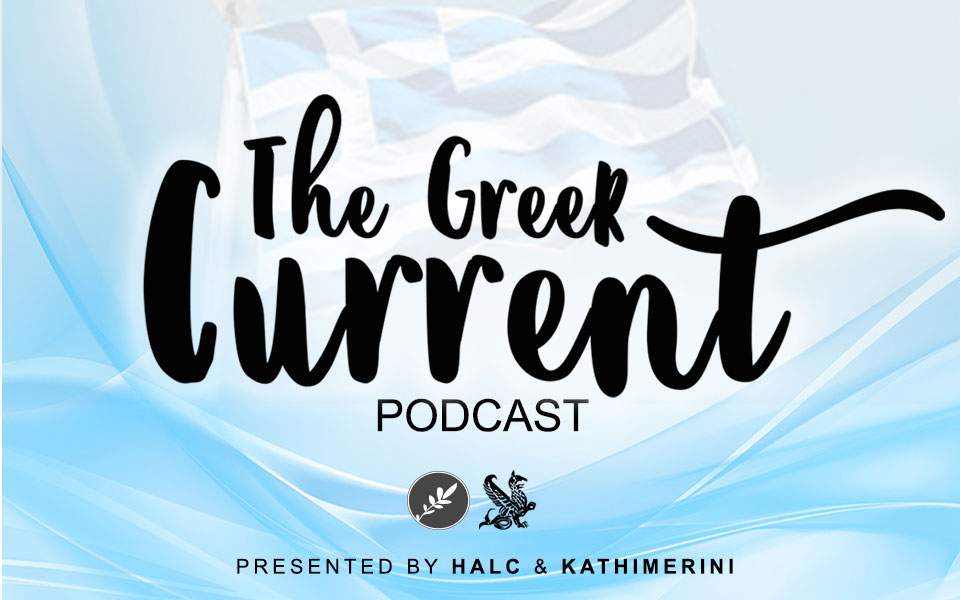
Why the Eastern Mediterranean deserves Washington’s full attention | eKathimerini.com
Expert Constantinos Filis joins Thanos Davelis to break down why the Eastern Mediterranean deserves Washington, DC's full attention, look at how Turkey factors into this discussion, and explain why this is an opportunity for Greece to work with the US to set the agenda for the region.
Usa-greece-és a törökök





